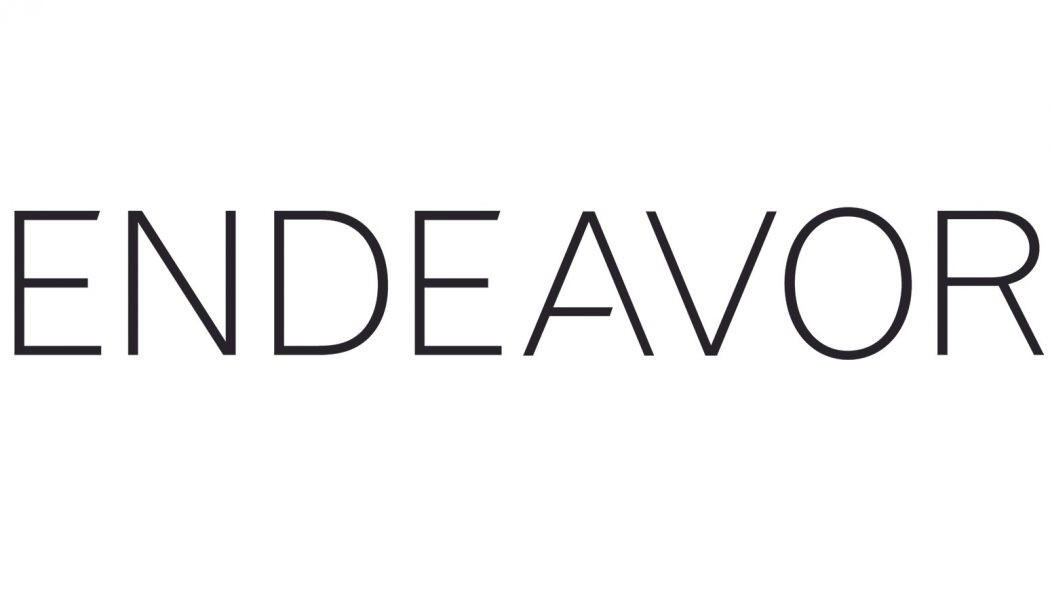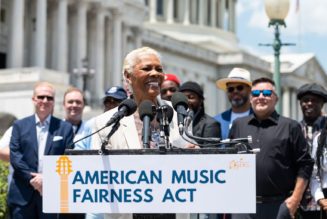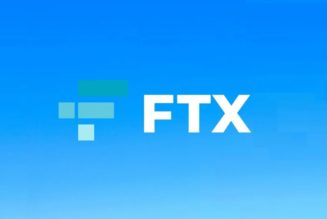
The company’s representation business (including talent agency WME, modeling agency IMG and production label Endeavor Content) generated 36 percent of its revenue in 2019. Endeavor’s events and experiences division (comprised of hospitality firm On Location Experiences and the IMG Academy, among other properties) generated 43 percent of revenue that year. And its sports properties (mixed martial arts league UFC, Professional Bull Riders and Euroleague Basketball) comprised 20 percent of 2019 revenue.
“As challenging a year as 2020 was, it underscored the strength, creativity, and resilience of our people who mobilized time and time again in the face of overwhelming odds,” wrote CEO Emanuel in a letter included in the filing, adding: “As the global pandemic unfolded, we developed the protocols necessary to help our businesses safely restart operations, providing a model for other professional sports, events, and programs.”
Last time the company filed to go public, in May 2019, Endeavor was said to be seeking to raise $500 million-plus. In its filing at the time, the company said it generated $3.6 billion in revenue and adjusted EBITDA of $551 million as of the end of 2018. But then Endeavor abruptly postponed its offering shortly before it was to begin trading in September 2019, citing “market conditions” before officially dropping the bid less than a month later.
One big difference this time around: Endeavor isn’t in a scorched-earth fight with Hollywood’s screenwriters, a key part of WME’s representation business. That protracted battle — which began in April 2019 when 7,000-plus scribes parted ways with their reps over business practices like packaging fees that the writers alleged were a conflict of interest for agencies — wrapped up officially in February when lone holdout WME became the final firm to come to terms with the Writers Guild of America.
As part of its deal with the writers, Endeavor has agreed to divest 80 percent of its stake in production company Endeavor Content — which has worked on 200 film and TV projects over the past year — in a timeline that hasn’t been made public. In appraising the deal with the Writers Guild, ratings agency S&P Global noted in a Feb. 16 forecast that the agreement will “modestly reduce its future revenue upside potential” for Endeavor. (The Writers Guild, anticipating that Endeavor would aim for an IPO once again, built in provisions that would allow its deal terms to stay in place even if the company goes public.)
As part of Endeavor’s filing on March 31, the company listed “potential internal conflicts of interests” under its “Risk Factors” section. “Different parts of our business may have actual or potential conflicts of interest with each other,” the company noted, adding: “Although we attempt to manage these conflicts appropriately, any failure to adequately address or manage internal conflicts of interest could adversely affect our reputation.”
The growth of Endeavor — which takes the name from the agency Emanuel co-founded when he and three other top agents were fired from ICM in March 1995 while plotting the move — has been fueled by private equity financing.
In 2009, before Endeavor merged with the William Morris Agency in a bid to rival Creative Artists Agency, it had a roster of about 80 agents. Private equity firm Silver Lake Partners initially invested $200 million in the combined firm in 2012 and, following additional cash infusions, now holds a majority stake in the company. Silver Lake manages some $79 billion in assets across industries and also has stakes in companies ranging from home stay platform Airbnb to The Madison Square Garden Co. and social platform Twitter. Across all of its companies, Endeavor has more than 6,400 employees globally as of Dec. 31, 2020.
Since abandoning its attempt at a public offering in 2019, Endeavor bought the New York-based Harry Walker Agency and folded its own speakers division into that stand-alone unit, brought in former ABC chief Lloyd Braun to run its representation business and acquired live-events hospitality firm On Location Experiences for $660 million, among other moves.
When the pandemic hit stateside in March 2020 and Hollywood’s film and TV production ground to a halt for months, Endeavor slashed compensation for employees and cut 83 staffers in Beverly Hills in April, then laid off another 110 employees in June, per filings with California’s Employment Development Department. To raise cash, last May, Endeavor said it would be selling its stake in Fortnite maker Epic Games, of which proceeds were estimated at $80 million by S&P Global. The conglomerate also lined up a financing deal for a $260 million term loan to boost its flexibility the same month.
Amid the pandemic, Emanuel and executive chairman Patrick Whitesell planned to forgo the rest of their 2020 compensation. For 2020, Emanuel had a base salary of $1.16 million plus a discretionary bonus of $5.83 million, while Whitesell’s base salary was $1.16 million with a guaranteed annual bonus of $2 million. Endeavor restored salaries in January for staffers who had their pay cut during the pandemic.
This article was originally published by The Hollywood Reporter.










